How's Wales' economy changed over the last 30 years?
- Published
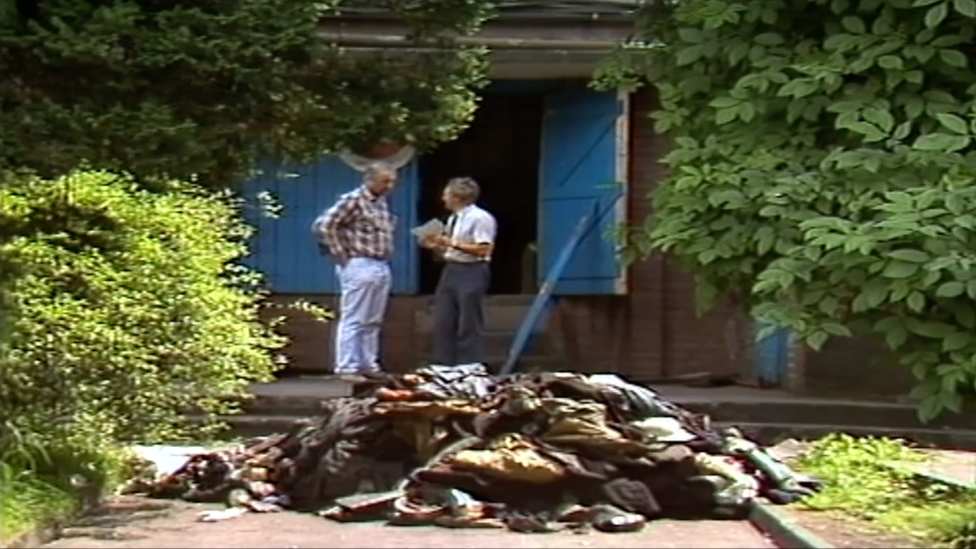
Discarded miners overalls after finishing work for the last time at Blaenant on 25 May, 1990
Strikes, prices rising steeply and interest rates going up. They are the headlines now and they were 30 years ago too. As BBC Wales' economics correspondent I have watched Wales' changing approach to fossil fuels and renewables.
The rush to rule out carbon from our lives is gaining pace, but when I started as a correspondent 30 years ago, it was about this and only this.
Coal was important with nearly 30,000 working on it underground and it dominated the economy of south Wales - and parts of north Wales too.
There was also a string of oil refineries along the coast of Pembrokeshire and chemical industry sites between Swansea and Cardiff.
In contrast, businesses and public bodies are rapidly trying to decarbonise - and it has come full circle, with a Welsh firm inventing batteries for renewable industries using coal dust.
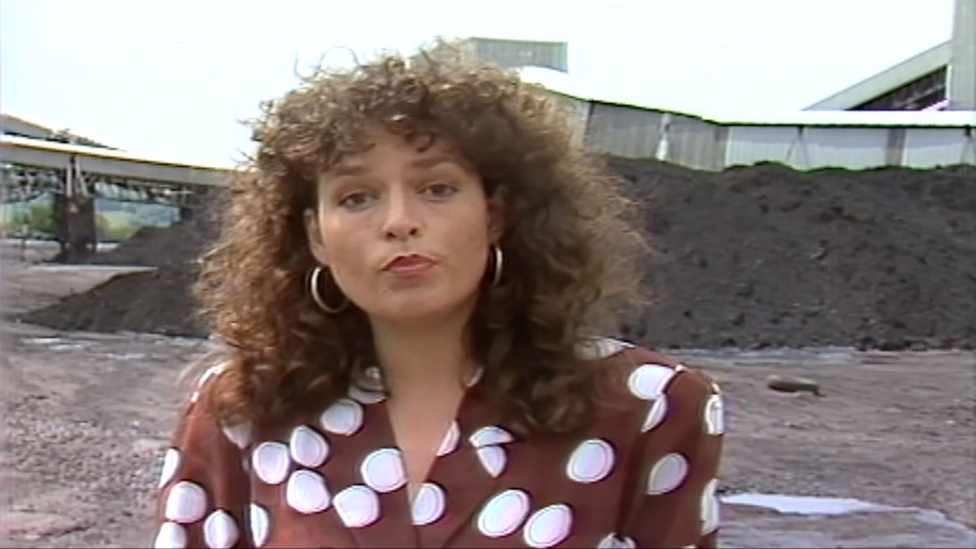
Sarah Dickins at Blaenant Colliery for the miners' last shift
Being a young woman at the colliery, in the steel mill or on the factory floor inevitably made me the odd one out.
But I loved the stories, the camaraderie and being able to enter a world so new to me.
Of course I had to do my research to hold my own and win the trust of men embedded in their own industries and culture.
Within a few months I knew my 301 coking coal from my anthracite, and which industries they supplied.
But the changes we have lived through, and I have reported on, have been much wider than production in coal, steel, oil and car parts.
Communities have changed in quick step with changes in the economy and the rhythm of life.
While rural villages may still have most people involved in the same industry, that's a far cry from the days when mining villages were dominated by the flow of the shift change as hundreds of men emerged into the light or went off for a shift in the dark.
We have become more like a collection of individuals over the last three decades.
Fewer live near where they work, fewer travel cheek by jowl or eat in a staff canteen and the fast growing financial services encourage us to be individually responsible for our health, teeth, old age and more.
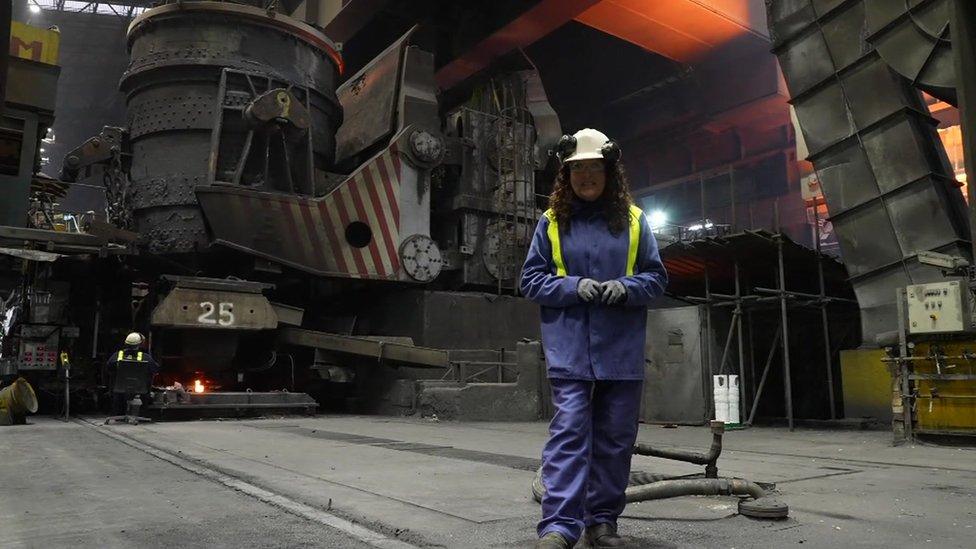
Sarah Dickins at Tata Steel works reporting on efforts to stop the industry damaging the planet
While there were massive job losses in coal, steel and car components, there were also thousands of new jobs making microwaves, televisions, printers and washing machines.
Many of the factories were owned by Japanese companies who were eager to enter the European market and by making products here in Wales they could sell anywhere across the continent.
By 1990, 11,000 people worked for Japanese firms in Wales. We went to Tokyo with the Welsh Development Agency, where they were trying to get investment into Wales.
We met the chief of a famous Japanese company and he told me why men like him liked Welsh workers.
Why? How much truth the statement holds is questionable but, to him, Japanese workers can only concentrate for 18 minutes at a time while Welsh workers could focus for an hour.
Related topics
- Published29 June 2022
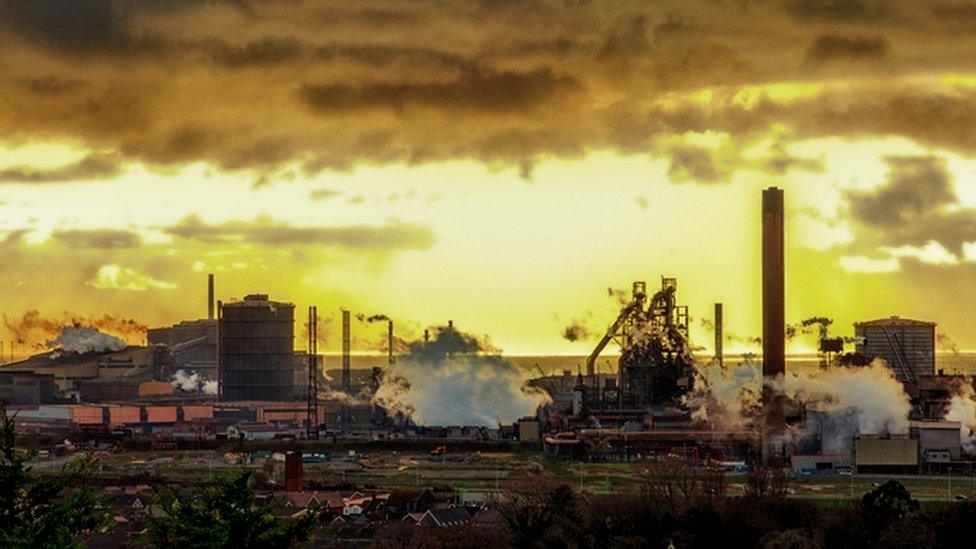
- Published5 May 2022
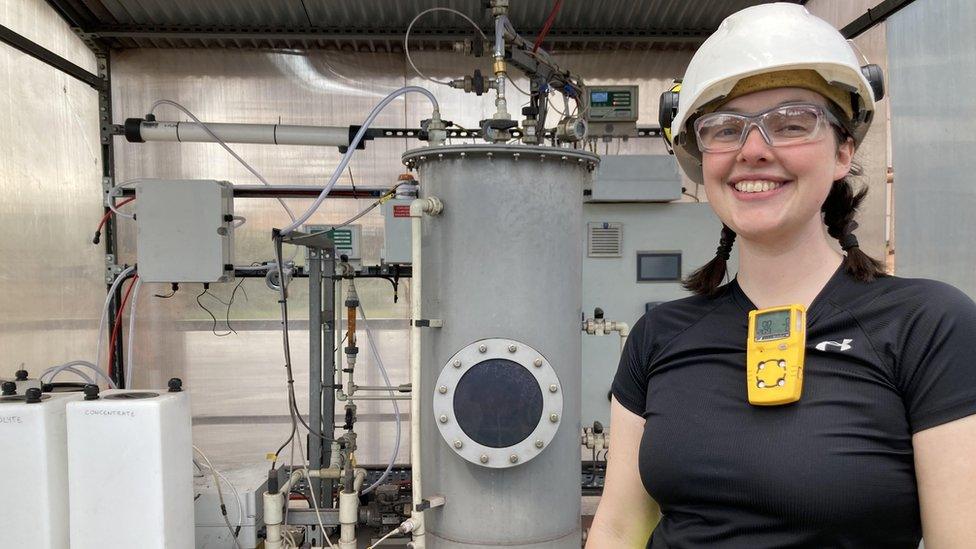
- Published12 December 2022

- Published1 December 2022
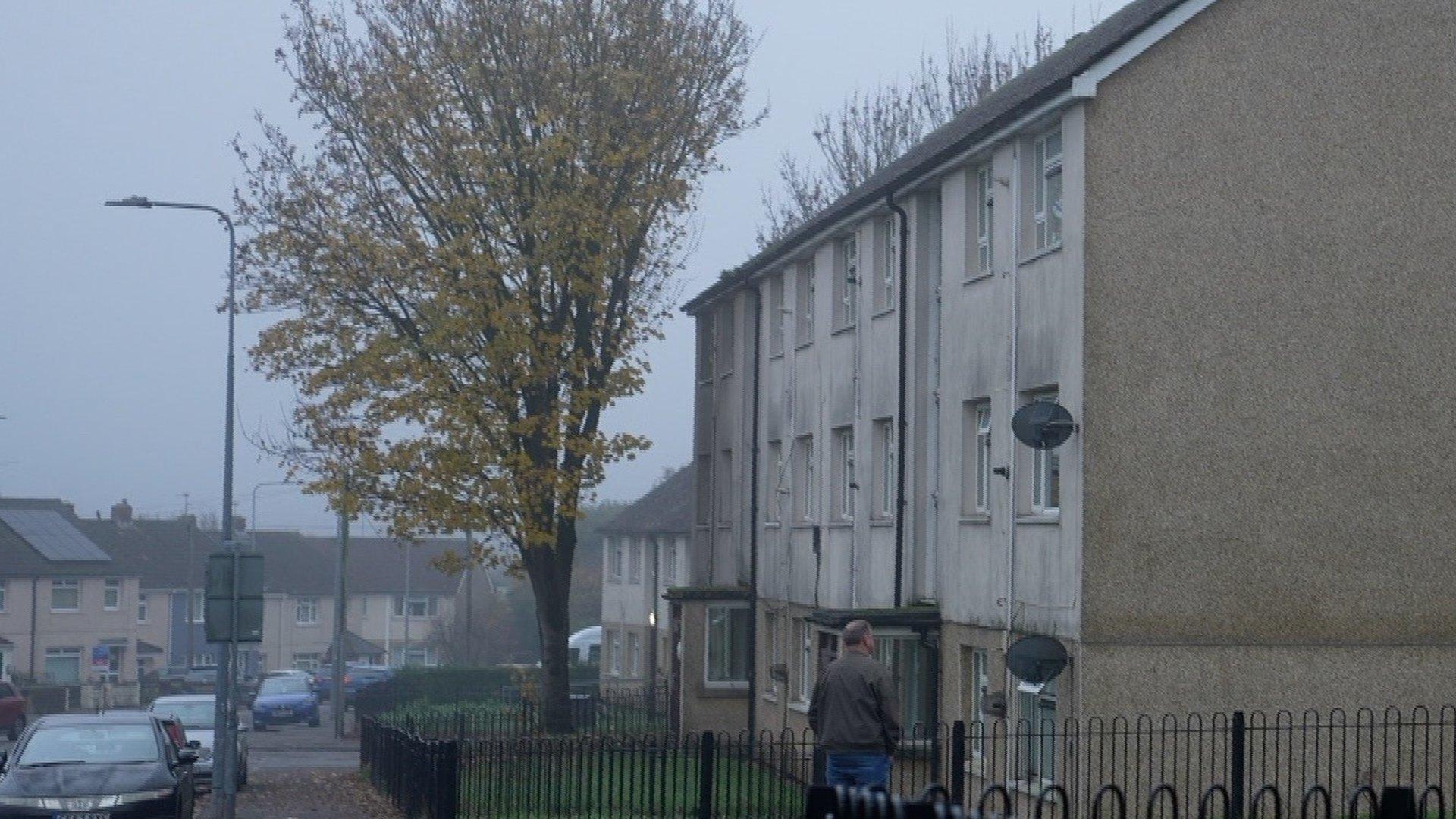
- Published2 December 2022
